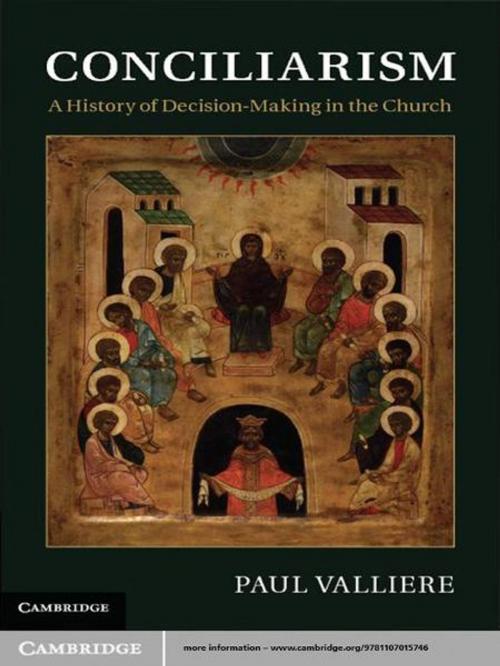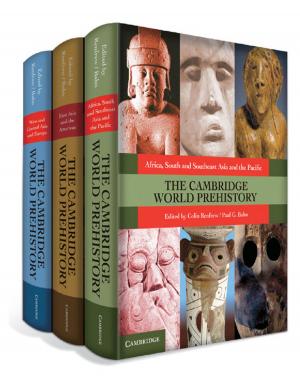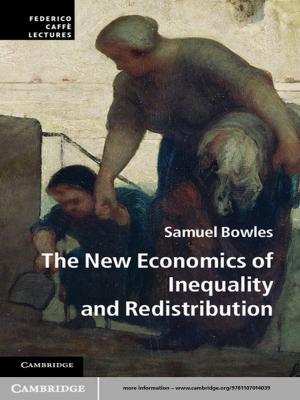Conciliarism
A History of Decision-Making in the Church
Nonfiction, Religion & Spirituality, Christianity, Church, History| Author: | Paul Valliere | ISBN: | 9781139234535 |
| Publisher: | Cambridge University Press | Publication: | February 9, 2012 |
| Imprint: | Cambridge University Press | Language: | English |
| Author: | Paul Valliere |
| ISBN: | 9781139234535 |
| Publisher: | Cambridge University Press |
| Publication: | February 9, 2012 |
| Imprint: | Cambridge University Press |
| Language: | English |
Conciliarism is one of the oldest and most essential means of decision-making in the history of the Christian church. Indeed, as a leading Orthodox theologian Alexander Schmemann states, 'Before we understand the place and the function of the council in the church, we must, therefore, see the church herself as a council.' Paul Valliere tells the story of councils and conciliar decision-making in the Christian church from earliest times to the present. Drawing extensively upon the scholarship on conciliarism which has appeared in the last half-century, Valliere brings a broad ecumenical perspective to the study and shows how the conciliar tradition of the Christian past can serve as a resource for resolving conflicts in the church today. The book presents a conciliarism which involves historical legacy, but which leads us forward, not backward, and which keeps the church's collective eyes on the prize - the eschatological kingdom of God.
Conciliarism is one of the oldest and most essential means of decision-making in the history of the Christian church. Indeed, as a leading Orthodox theologian Alexander Schmemann states, 'Before we understand the place and the function of the council in the church, we must, therefore, see the church herself as a council.' Paul Valliere tells the story of councils and conciliar decision-making in the Christian church from earliest times to the present. Drawing extensively upon the scholarship on conciliarism which has appeared in the last half-century, Valliere brings a broad ecumenical perspective to the study and shows how the conciliar tradition of the Christian past can serve as a resource for resolving conflicts in the church today. The book presents a conciliarism which involves historical legacy, but which leads us forward, not backward, and which keeps the church's collective eyes on the prize - the eschatological kingdom of God.















